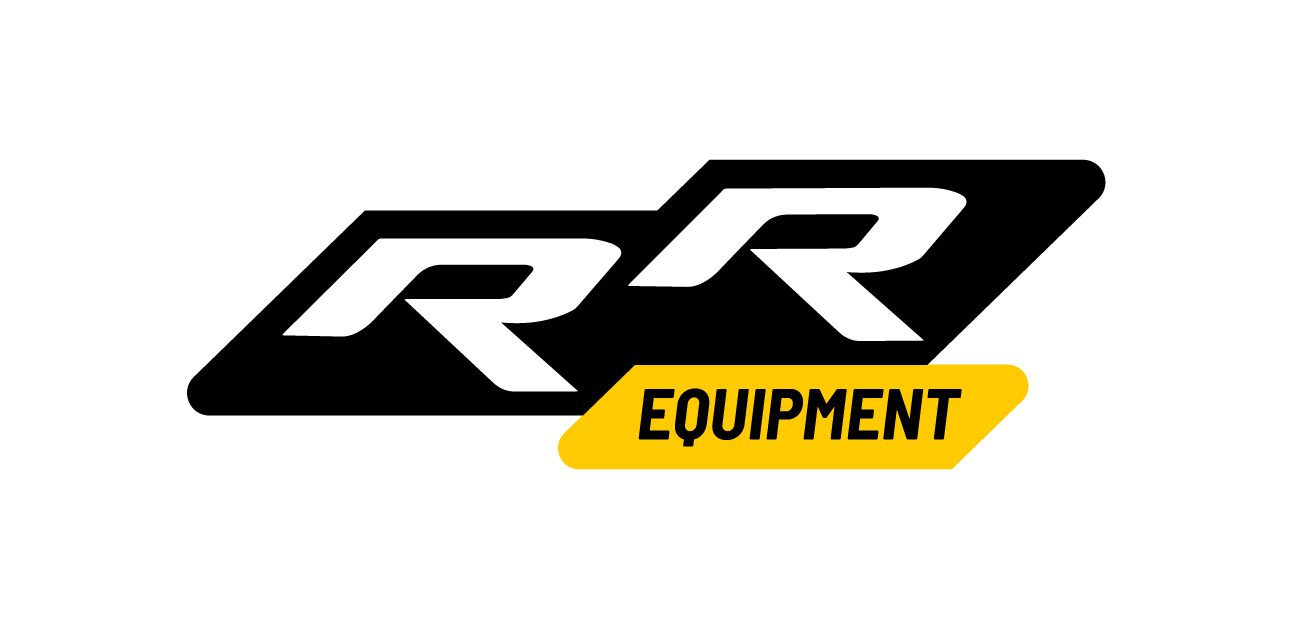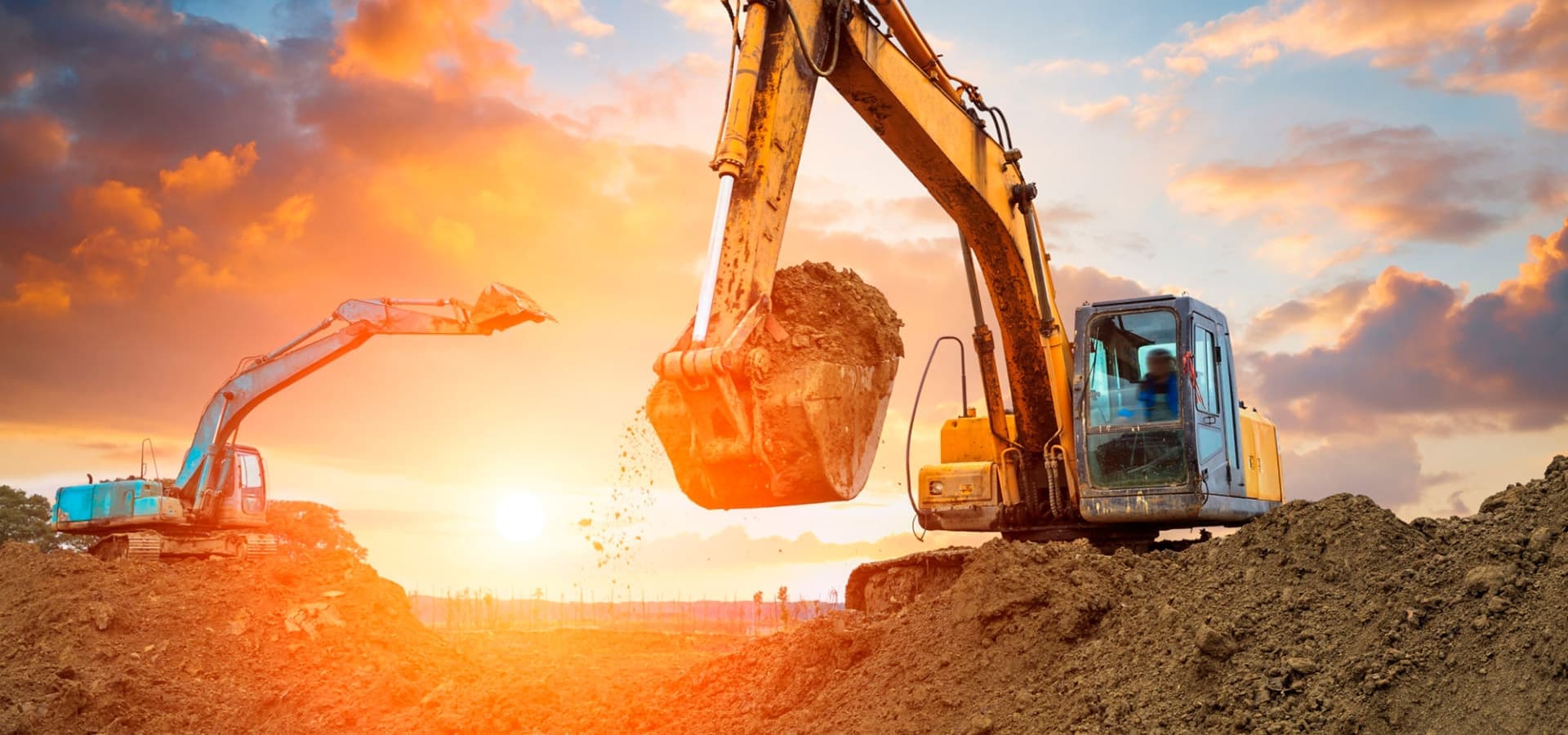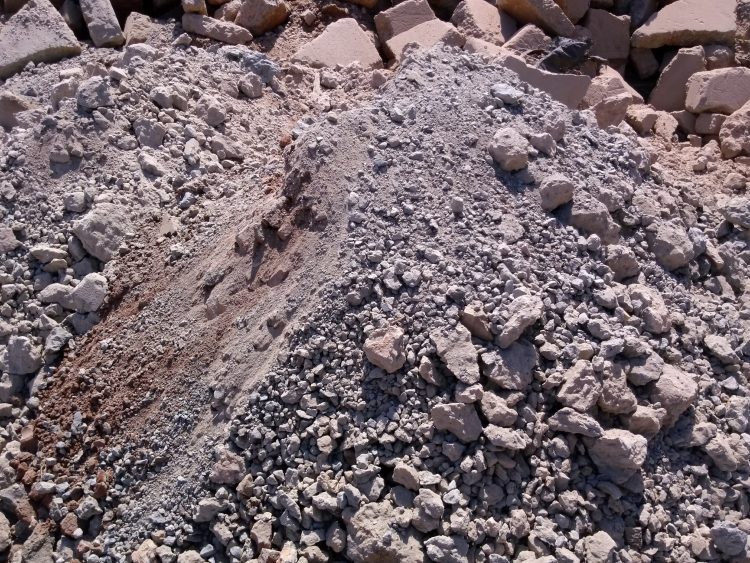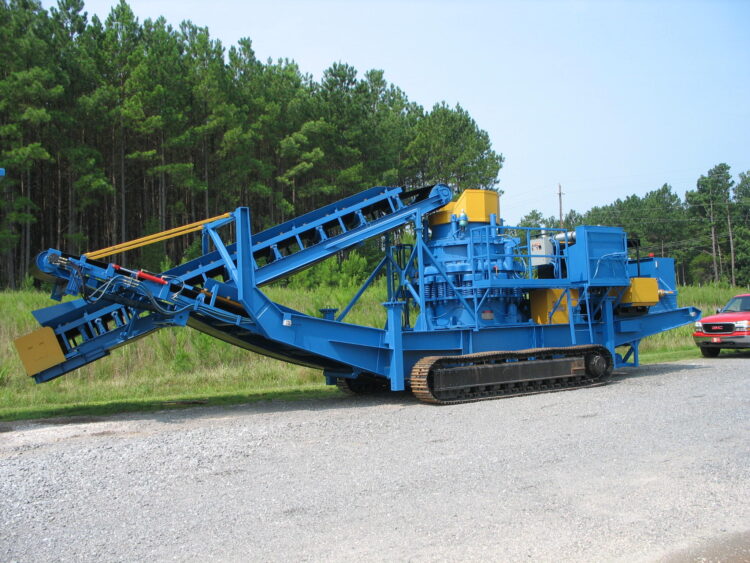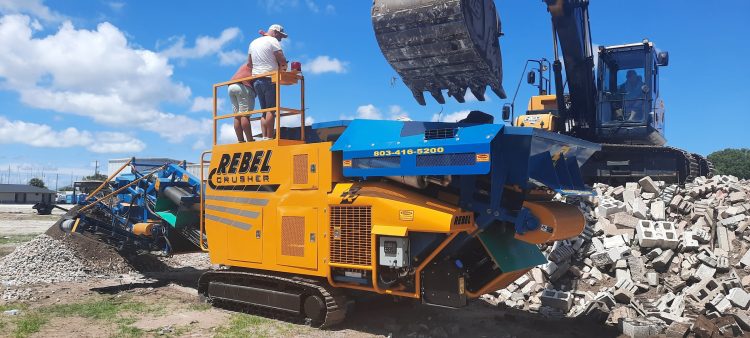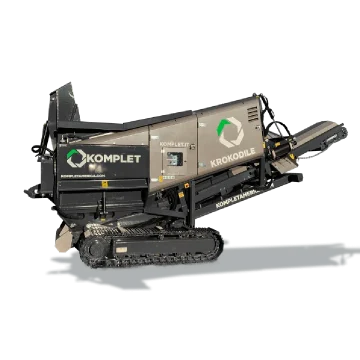
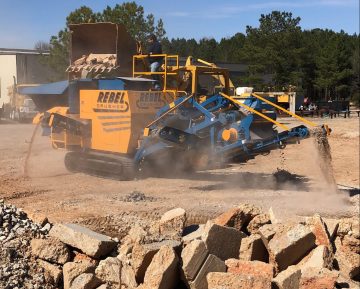
The short answer is that it depends on several factors. These factors would include the volume of material, input size of material, desired output size or sizes of material, any production rate requirement, gradation of finished products, is the input material clean or commingled with dirt or mud and any environmental factors such as dust or noise.
The above factors are not all but some of the most important to consider. Let’s not forget one of the most important factors is the cost of the machinery to purchase and maintain. When considering making an investment in a concrete crusher, one must consider the overall business plan and strategy. Are you crushing one pile per year or month, for example? Where is the next pile of waste concrete coming from? In other words, is this a one and done or a continued project.
Is mobility a consideration on the job? Do you plan to move the machine from site to site or set up in one location?
Many contractors try to get one machine that will cover most or around 70% of their work. In the beginning, this can be a prudent strategy. If you’re not in a hurry, purchasing a smaller and less expensive machine can make sense.
The smaller the crusher the less productive it is and the more preparation you may need to do prior to feeding the crusher. Preparation is vital and part of another blog. In general there are considerations that are crucial in determining the best concrete crusher.
If we focus on the type of crusher, then the three most popular choices would be a jaw crusher, impact crusher, or most recently a shredder. Yes, there are many other types of crushers but the top three in popularity would be our focus. Each type has pros and cons. We’ve discussed this in detail in other blogs found on our website. Therefore, in focusing on “types” we could further describe each type as stationary, portable(on tires) or mobile(track mounted).
Leading in popularity would be a track mounted jaw crusher. There are more jaw crushers operating globally than any other type. When combining a jaw crusher with mobility, you have a very versatile as well as popular combination. The impact crusher on tracks is also quite popular when trying to crush material into a finer gradation. It’s not as versatile but does have its specific place in the industry.
Shredders are gaining popularity and most recently are being used to crush concrete with rebar and asphalt. This type of crusher is not really a crusher. It is a shredder. The shredder’s versatility can cross over into shredding other materials that crushers will not do. For example, a crusher does not work well with wood, C&D, tires and softer materials. The shredder on the other hand can do all of the above. Therefore, if you’re looking for one machine that can process hard and soft materials, the shredder should be considered. So what’s the catch? Why doesn’t everyone buy and use a shredder? The answer is that the shredder does not produce material that is as uniform and small as a crusher. Most shredders will produce approximately 3-5″ minus. Yes, you can pair up a screening plant to size the material. However, you will produce a larger percentage of material that is on the large side.
Shredders are typically slow speed, simple and efficient. Shredders may not require a feeder system. In addition, shredders may handle much larger sizes without significantly increasing the cost of the machine and/or the overall size of the machine. Because the shredder can handle larger pieces, the operator may not require much preparation. In other words, the operator/contractor may be able to eliminate a preparation machine further reducing his jobsite investment and overall costs.
The wear parts for each type of crusher should be considered. There is no one machine that does it all. Therefore, using the proper type of machine for specific applications can reduce costs and reduce wear.
If you are looking for the enigmatic one machine that does it all, you should consider what products you will be processing the most of. Consider all of the above and understand that each type of machine has pros and cons. If your business grows, you would eventually have one of each type to be sure you use the best type for the perfect intended purpose.
We welcome all questions and can’t possibly cover all of the considerations in one blog. Give us a call or send us an email with your specific questions at (803) 416-5200 or sales@rrequipment.com
Thank you for reading!
